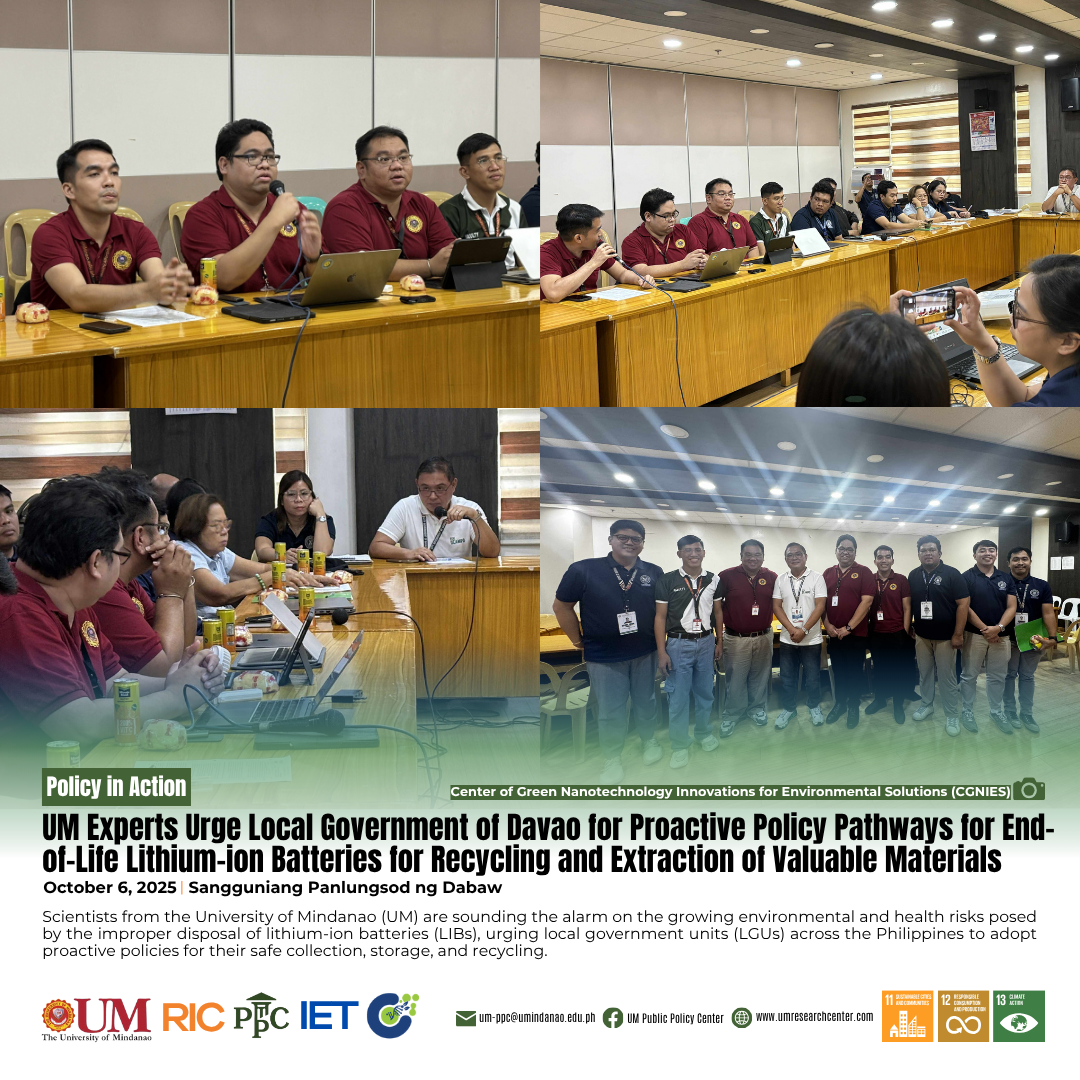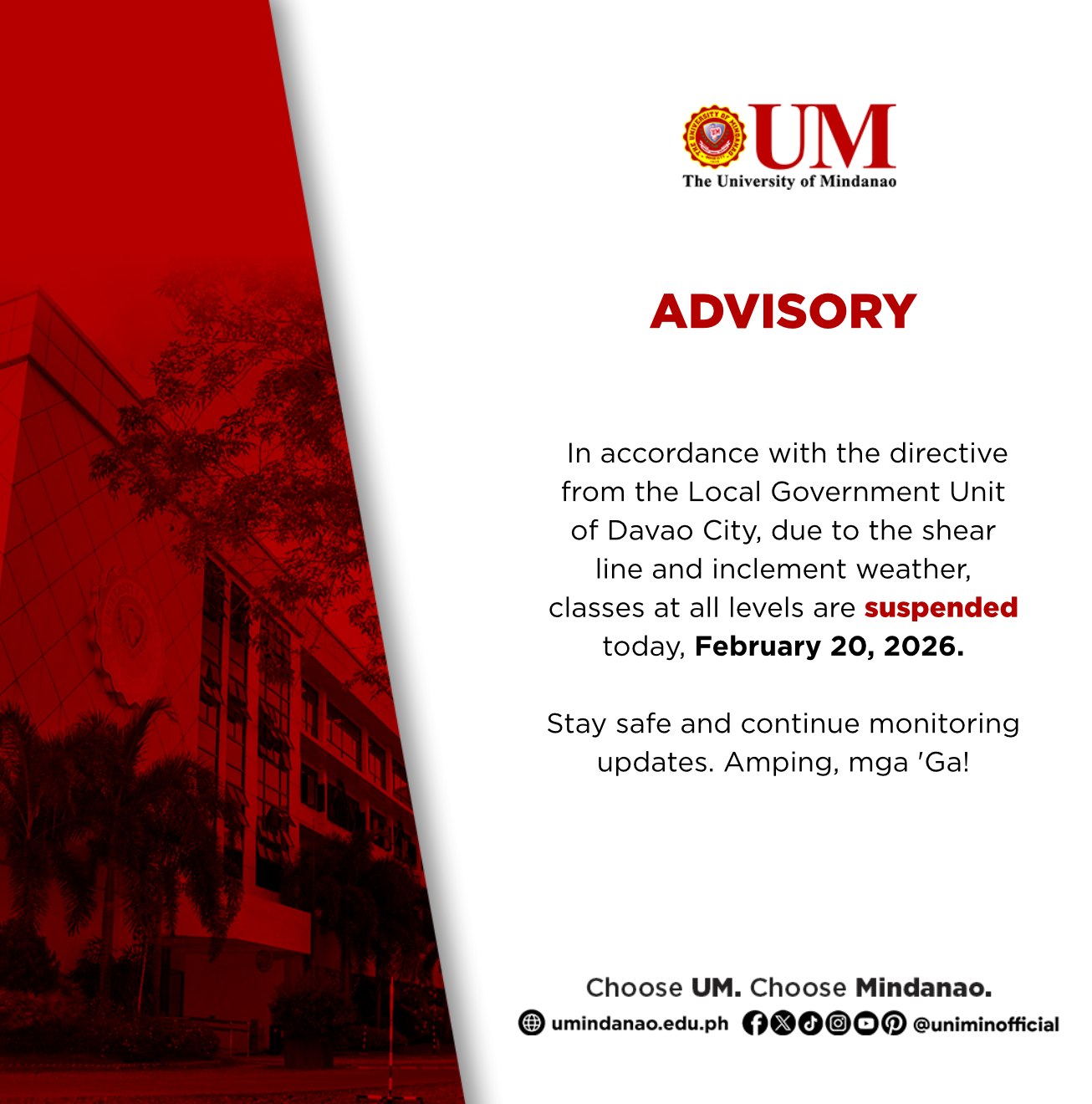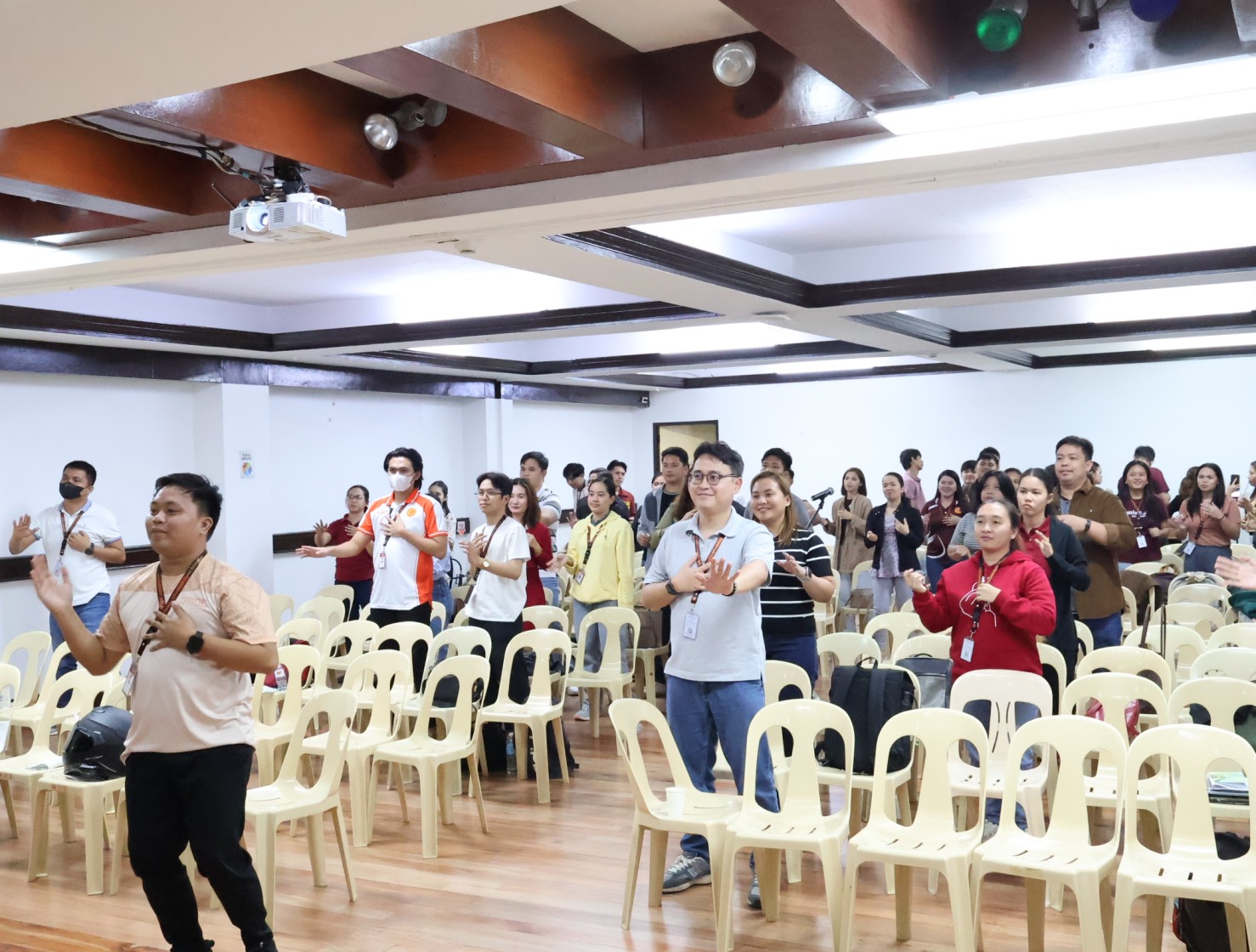
UM Experts Urge Local Government of Davao for Proactive Policy Pathways for End-of-Life Lithium-ion Batteries for Recycling and Extraction of Valuable Materials
Experts from the University of Mindanao (UM) are urging on the local government of Davao City to take a proactive stance in addressing the growing issue of end-of-life lithium-ion batteries (LIBs) through sustainable policies that promote proper collection, storage, recycling, and the recovery of valuable materials.
This happened on October 6, 2025 during the Committee Hearing on Environment at the Sangguniang Panlungsod ng Dabaw presided and chaired by Councilor Temujin "Tek" Ocampo. Representing Dr. Chosel P. Lawagon, Director of CGNIES and Project Leader, the policy was presented by Dr. Khino J. Parohinog, OIC-Director of the Institute of Emerging Technologies, together with Mr. Conrado Jr. Panerio (Director, UM Public Policy Center), Engr. Karlo Isagani Mosqueda, and Mr. Mark Angelou Siega, Project Researchers.
In a policy research initiative led by the Center of Green Nanotechnology Innovations for Environmental Solutions (CGNIES), the university’s scientists and researchers underscored the urgent need to establish a local policy framework that will govern the management of discarded lithium-ion batteries commonly found in mobile devices, laptops, e-bikes, and other rechargeable electronics. Improper disposal of these batteries, they warned, could lead to toxic chemical leaks, fires, and irreversible damage to ecosystems.
The proposed policy addresses the urgent need for proper storage, disposal, and recycling of lithium-ion batteries (LIBs) in the Philippines—especially with the anticipated rise of electric vehicle (EV) batteries reaching end-of-life in the coming years. It highlights the gaps in current regulations (RA 6969 and RA 11898) and recommends localized collection systems, extended producer responsibility (EPR) initiatives, and LGU-led ordinances to ensure the safe handling and material recovery of spent batteries. This initiative represents an important step in translating research into actionable public policy—bridging science, governance, and sustainability.
By proactively addressing LIB waste, the City of Davao positions itself ahead of the curve in preparing for the future influx of battery wastes (including EV Batteries), aligning with the goals of the UN Sustainable Development Goals (SDGs), particularly SDG 12 (Responsible Consumption and Production), SDG 13 (Climate Action), and SDG 11 (Sustainable Cities and Communities).
Share this article


 resized.jpg)
 resized.jpg)
 resized.jpg)
 resized.jpg)


